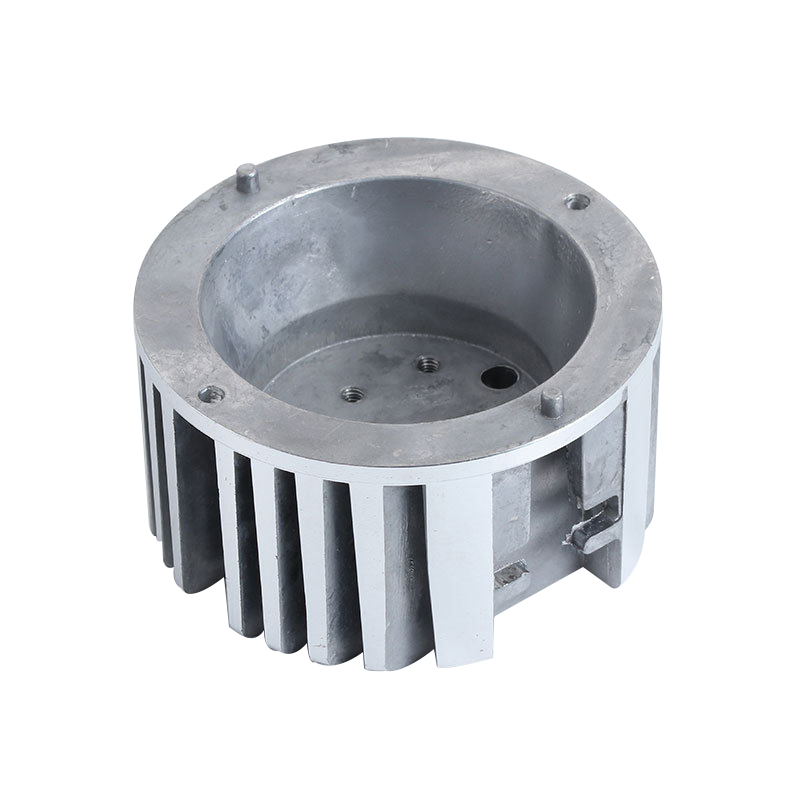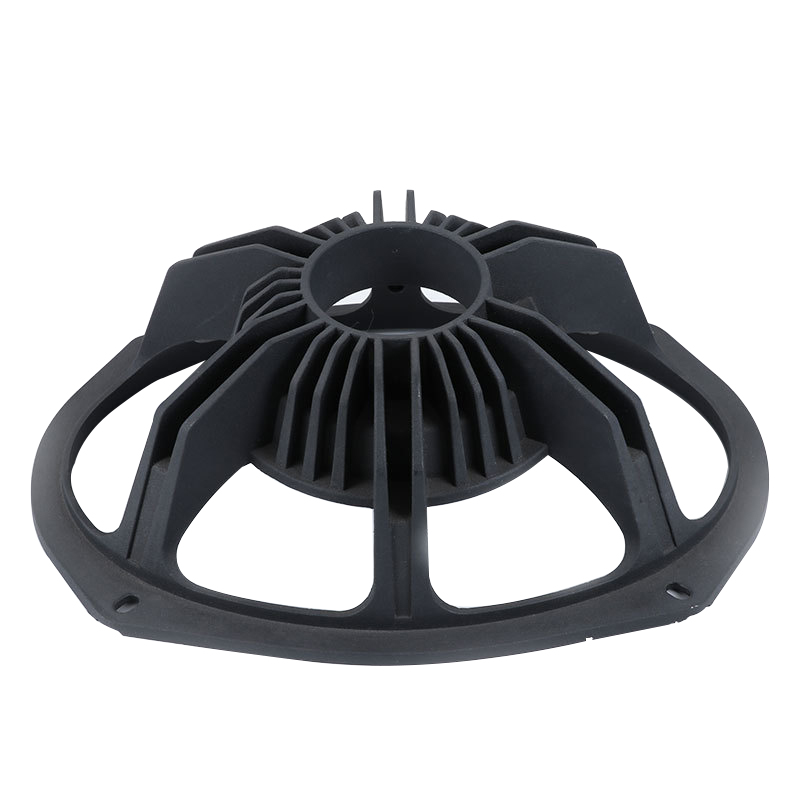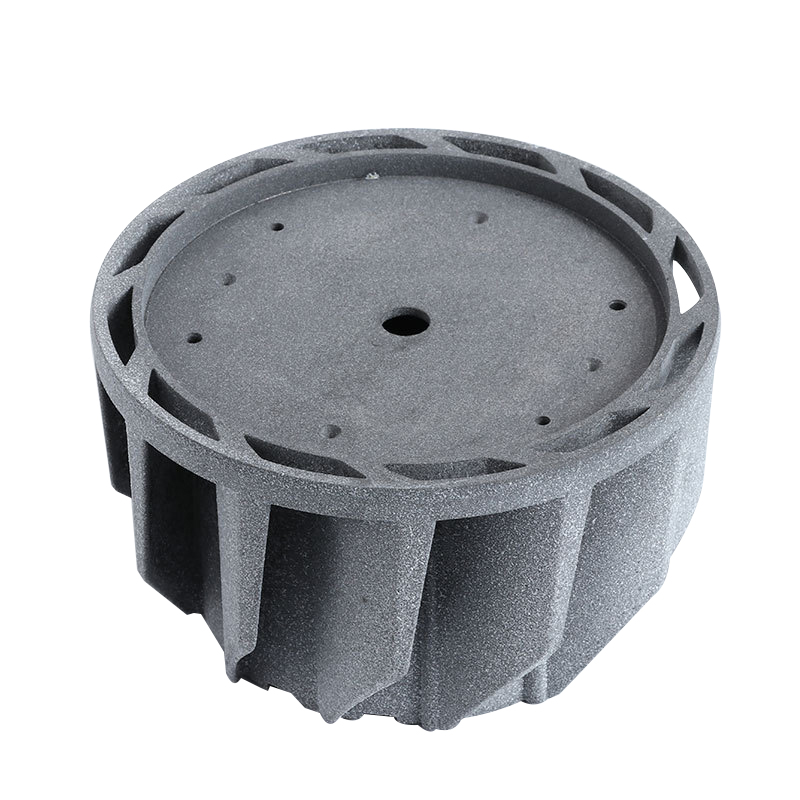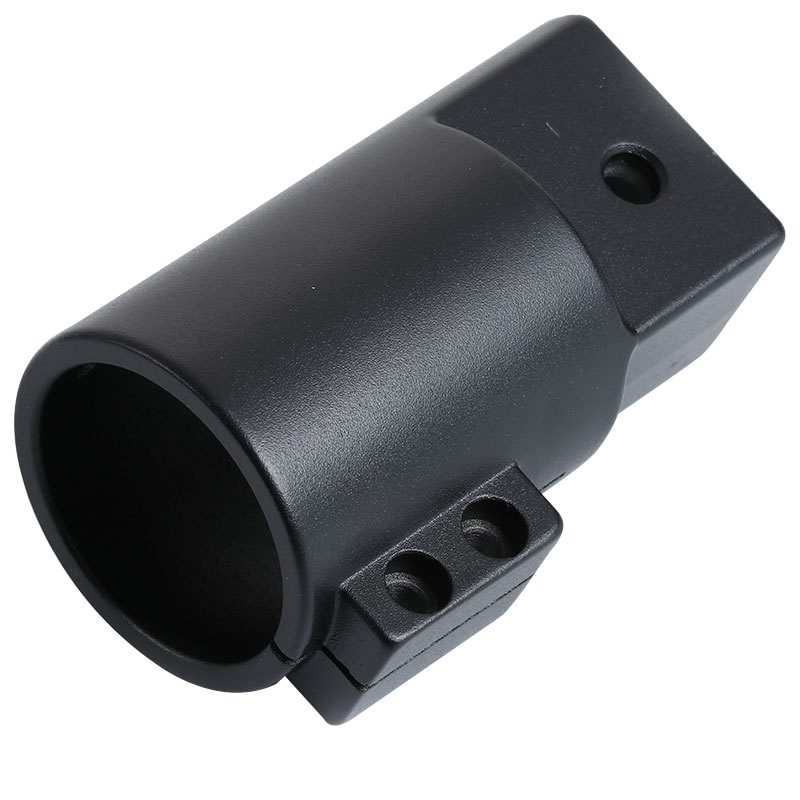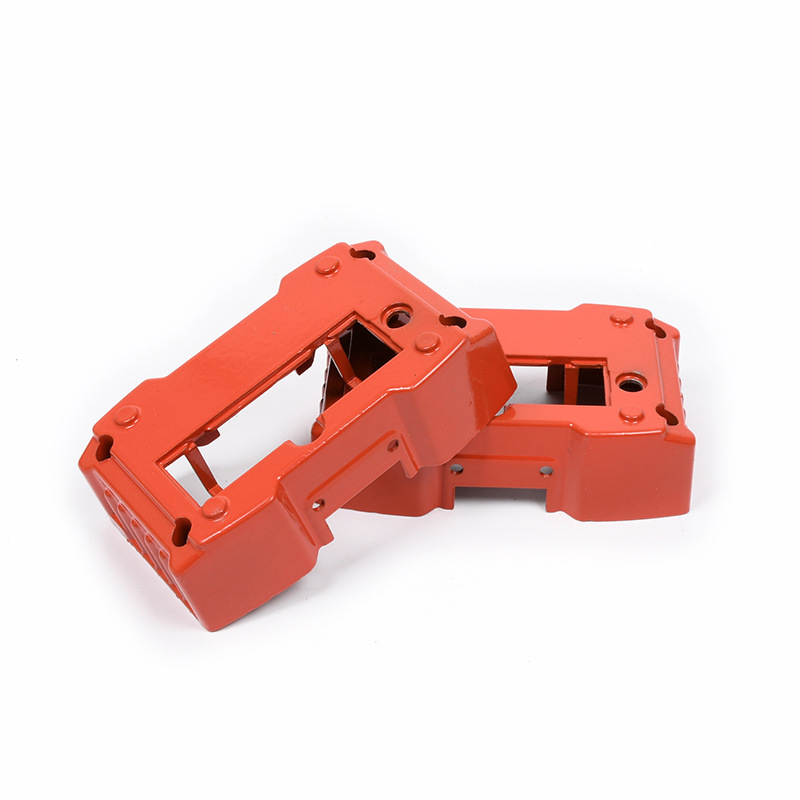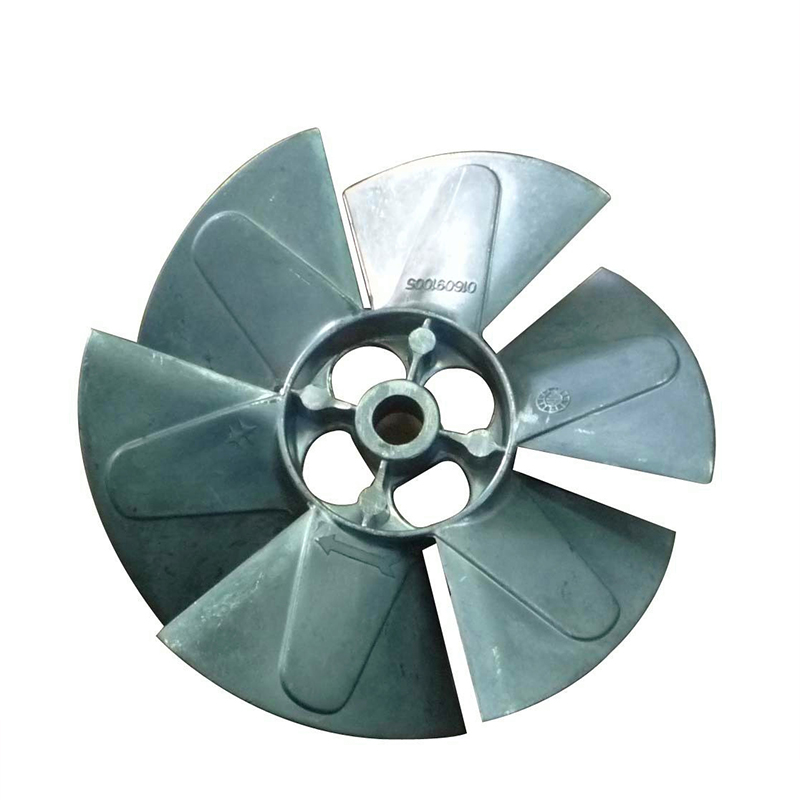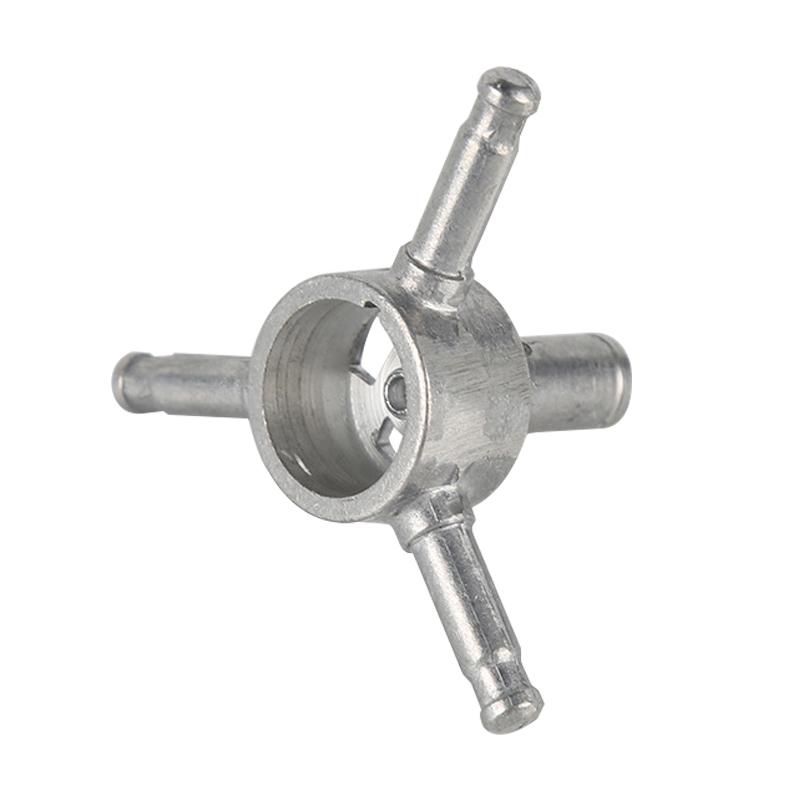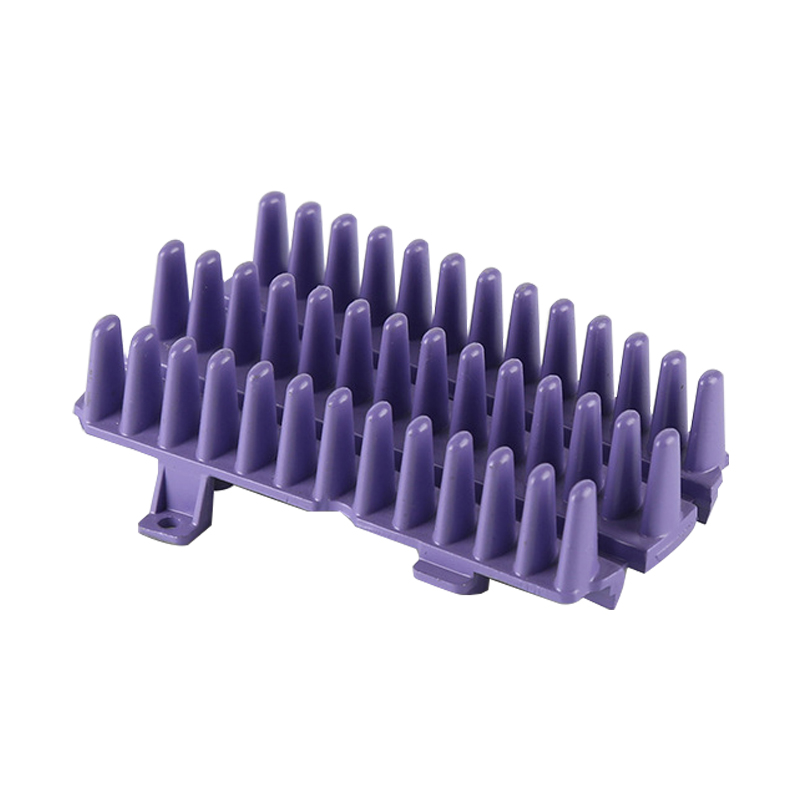The Types Of Metallic Materials Failure

In recent years, as metal materials have become more and more widely used in various fields of production and life, the problem of material failure has become increasingly prominent. Material failure mainly refers to the inability of the mechanical component to complete its intended function due to changes in the size, shape, or organization and performance of the material. In summary, it can be roughly divided into three categories: fracture, wear, and corrosion.
1. Break
According to the amount of material deformation before fracture, it can be divided into ductile fracture and brittle fracture. Before ductile fracture occurs, there will be obvious deformation and deformation process, while brittle fracture has almost no deformation, and the fracture process is extremely short. Due to its sudden occurrence, it is often destructive.
In daily production and life, the most common one is fatigue fracture. The material will fracture under the action of long-term stress cycle; secondly, there is a material fracture failure mode commonly seen in the laboratory, also known as static load fracture, which is usually seen The tensile fracture belongs to this kind of fracture. Compared with the fatigue fracture, the probability of occurrence in the production and life process is much smaller.
2. Wear
Machine parts often work under high-speed, vibration, overload and other working conditions. Surface friction between machines causes material wear and ultimately leads to material failure.
The wear failure of materials can generally be divided into five categories: abrasive wear, adhesive wear, fatigue wear, corrosion wear and fretting wear. Among them, abrasive wear is the most common. During the operation of the machine parts, the wear caused by the intervention of external hard particles or the protrusions of the joint itself is all abrasive wear, and the surface shedding of metal materials also belongs to the category of abrasive wear.
Wear and friction are associated with each other. The following measures are usually used in production: one is to apply lubricating oil on the contact surface to improve the smoothness; the other is to weld the parts together with a welding machine without affecting the normal production to reduce the cost of the parts. Relative movement can reduce friction and wear. Third, in order to reduce friction, the area of the contact surface and the load on the contact surface can be reduced to reduce the friction. In addition, the yield strength of the material can also be improved by exploring.
3. Corrosion
The corrosion of metal materials is due to the chemical and electrochemical reactions between the material and the surrounding medium. There are many kinds of corrosion of metal materials, which can be divided into general corrosion and local corrosion. In daily various corrosion accidents, local corrosion is basically the most common. Local corrosion can be divided into stress corrosion, pitting corrosion, intergranular corrosion, and crevices. Corrosion etc.
Please keep the source and address of this article for reprinting: The Types Of Metallic Materials Failure
Minghe Die Casting Company are dedicated to manufacture and provide quality and high performance Casting Parts(metal die casting parts range mainly include Thin-Wall Die Casting,Hot Chamber Die Casting,Cold Chamber Die Casting),Round Service(Die Casting Service,Cnc Machining,Mold Making,Surface Treatment).Any custom Aluminum die casting, magnesium or Zamak/zinc die casting and other castings requirements are welcome to contact us.
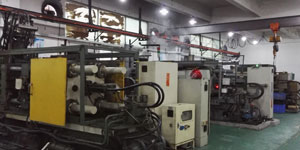
Under the control of ISO9001 and TS 16949,All processes are carried out through hundreds of advanced die casting machines, 5-axis machines, and other facilities, ranging from blasters to Ultra Sonic washing machines.Minghe not only has advanced equipment but also have professional team of experienced engineers,operators and inspectors to make the customer’s design come true.
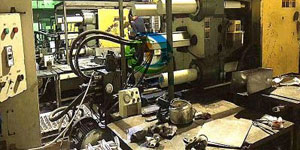
Contract manufacturer of die castings. Capabilities include cold chamber aluminum die casting parts from 0.15 lbs. to 6 lbs., quick change set up, and machining. Value-added services include polishing, vibrating, deburring, shot blasting, painting, plating, coating, assembly, and tooling. Materials worked with include alloys such as 360, 380, 383, and 413.
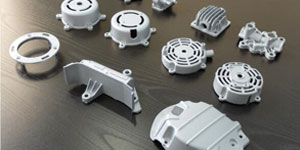
Zinc die casting design assistance/concurrent engineering services. Custom manufacturer of precision zinc die castings. Miniature castings, high pressure die castings, multi-slide mold castings, conventional mold castings, unit die and independent die castings and cavity sealed castings can be manufactured. Castings can be manufactured in lengths and widths up to 24 in. in +/-0.0005 in. tolerance.
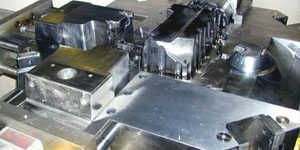
ISO 9001: 2015 certified manufacturer of die cast magnesium, Capabilities include high-pressure magnesium die casting up to 200 ton hot chamber & 3000 ton cold chamber, tooling design, polishing, molding, machining, powder & liquid painting, full QA with CMM capabilities, assembly, packaging & delivery.
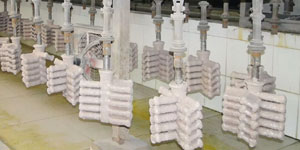
ITAF16949 certified. Additional Casting Service Include investment casting,sand casting,Gravity Casting, Lost Foam Casting,Centrifugal Casting,Vacuum Casting,Permanent Mold Casting,.Capabilities include EDI, engineering assistance, solid modeling and secondary processing.
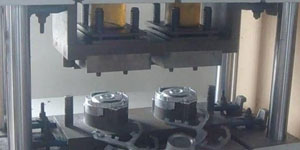
Casting Industries Parts Case Studies for: Cars, Bikes, Aircraft, Musical instruments, Watercraft, Optical devices, Sensors, Models, Electronic devices, Enclosures, Clocks, Machinery, Engines, Furniture, Jewelry, Jigs, Telecom, Lighting, Medical devices, Photographic devices, Robots, Sculptures, Sound equipment, Sporting equipment, Tooling, Toys and more.
What Can we help you do next?
∇ Go To Homepage For Die Casting China
→Casting Parts-Find out what we have done.
→Ralated Tips About Die Casting Services
By Minghe Die Casting Manufacturer |Categories: Helpful Articles |Material Tags: Aluminum Casting, Zinc Casting, Magnesium Casting, Titanium Casting, Stainless Steel Casting, Brass Casting,Bronze Casting,Casting Video,Company History,Aluminum Die Casting |Comments Off

